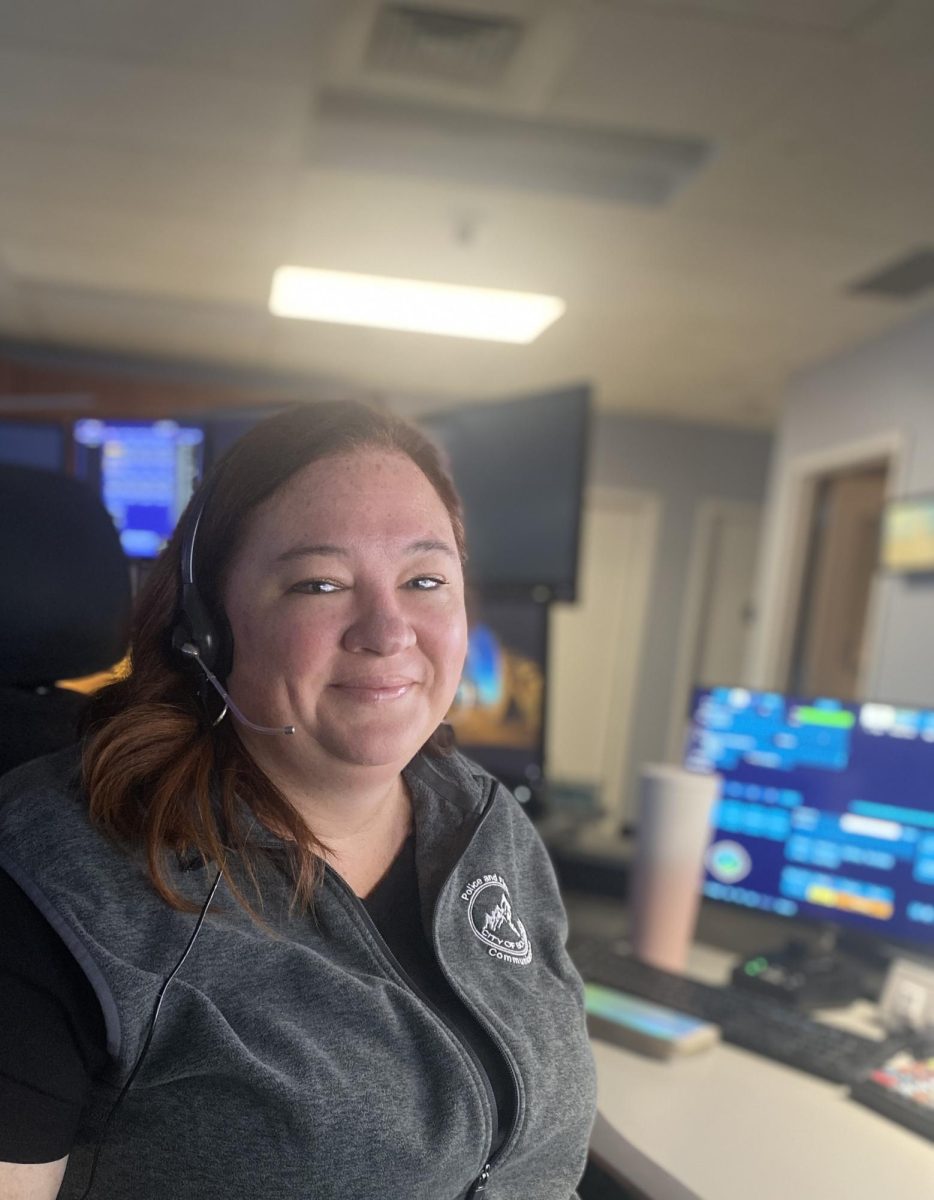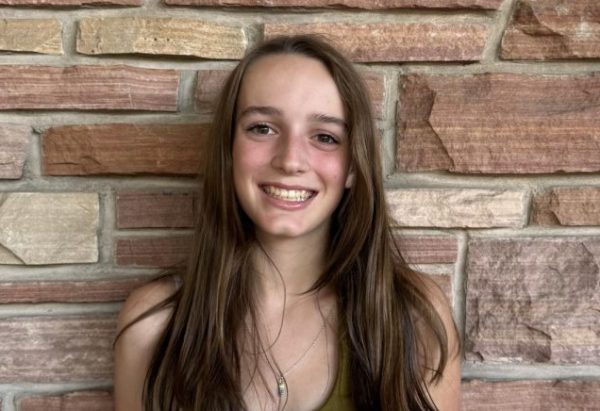At 6 o’clock in the morning, after working a 12-hour shift answering emergency calls and doing her best to help those in need, Sara Humble exits the Boulder Police Station. Sara has been an Emergency Dispatcher for Boulder PD for 10 years and is one of the first responders whose job is to answer 911 calls, send other emergency responders to aid situations around the city, and several other crucial efforts.
“When you get here,” Humble explains, “you try and get logged in, you get ready as fast as possible.” Sometimes working with only three dispatchers, every person on a shift takes an emergency channel. These include fire dispatch, answering calls, and what Sara describes as the most dangerous channel, police dispatch.
Like many other dispatchers, Sara found this job looking to make a difference. Talking to her, it was clear that supporting others is a big part of who she is as a person. “I just feel like as a community,” Humble shares, “we can always be helping each other out and giving back.”
As with many crucial jobs, being an emergency dispatcher can be very challenging, technically and emotionally. Sara described a call she had received once, “We had a child whose mom had collapsed in front of him.” Sara’s job was to get as much information as possible, while also talking to him and helping him not be scared. After that, she sent the nearest officer to the scene of the emergency and gave the child instructions on what he could do before help arrived. Once she has done everything she can, Sara awaits for the next emergency.
Although there are many less serious calls, it is difficult for dispatchers to always hear about people at their worst, when they need help. “We all have things that we’re more sensitive to…my heart really goes out to kids, but it also goes out to teenagers in crisis. I know how hard it is to go through high school.”
Luckily, there are ways that dispatchers can help each other and themselves grapple with these situations. Sara and her colleagues have become attuned to each other’s sensitivities and needs, so they can offer support if someone receives a call that is very personal to them. Sara volunteers by driving rescue dogs up from New Mexico, which she says helps her feel better and process her calls. “Not all of it leaves you,” she says.
However, although dispatchers have a difficult job, it is incredibly necessary. Dispatchers are the single most important thing in connecting you to the help that you need. On a daily basis, Sara and her fellow dispatchers save lives and improve dangerous situations.
Becoming a dispatcher actually has different requirements than other emergency responders. Whereas Police Officers may need college credit and various training, emergency dispatchers complete a year of paid training and then are able to work after that. Another reason people choose this career path is that dispatchers can select either morning, afternoon, or night shifts.
Unfortunately, due to the fact that citizens don’t actually see Dispatchers in action, these first responders are underrepresented in the media and underappreciated, especially considering how crucial their jobs are. “When you have an emergency, you’re talking to me first,” says Humble. “We always say that we’re the first first responders.”
There is no doubt that what Dispatchers do in a day is purely heroic, and it should make the Boulder community feel privileged to have such caring and talented people at the ready to help.



